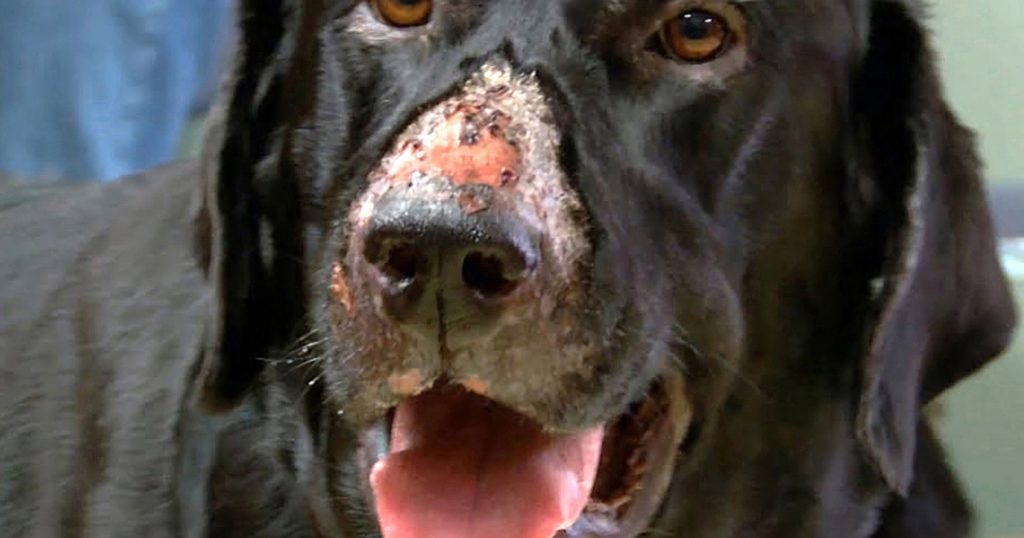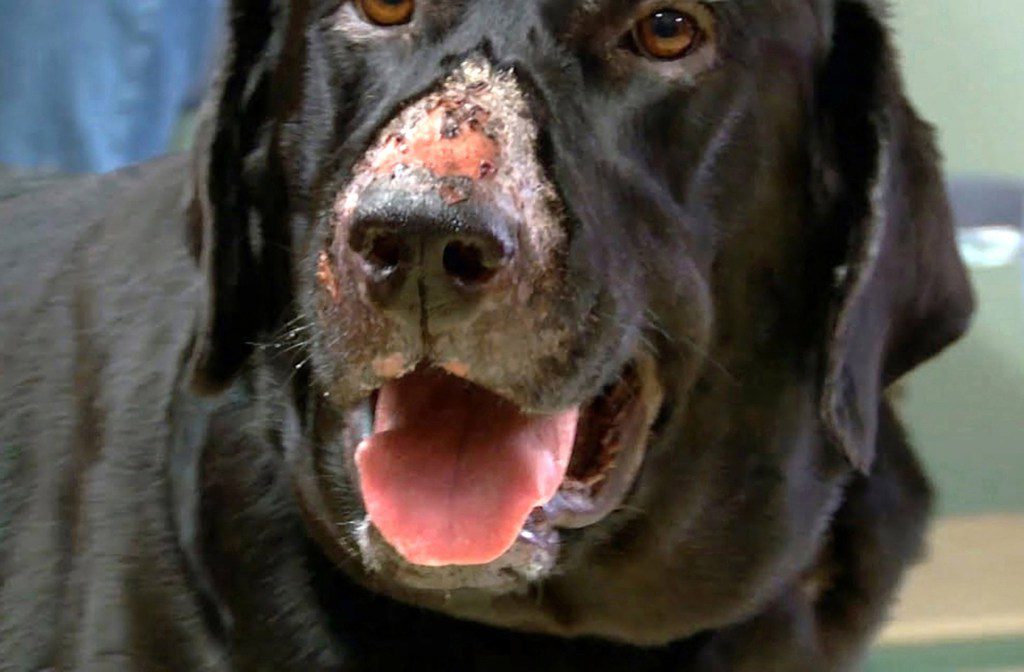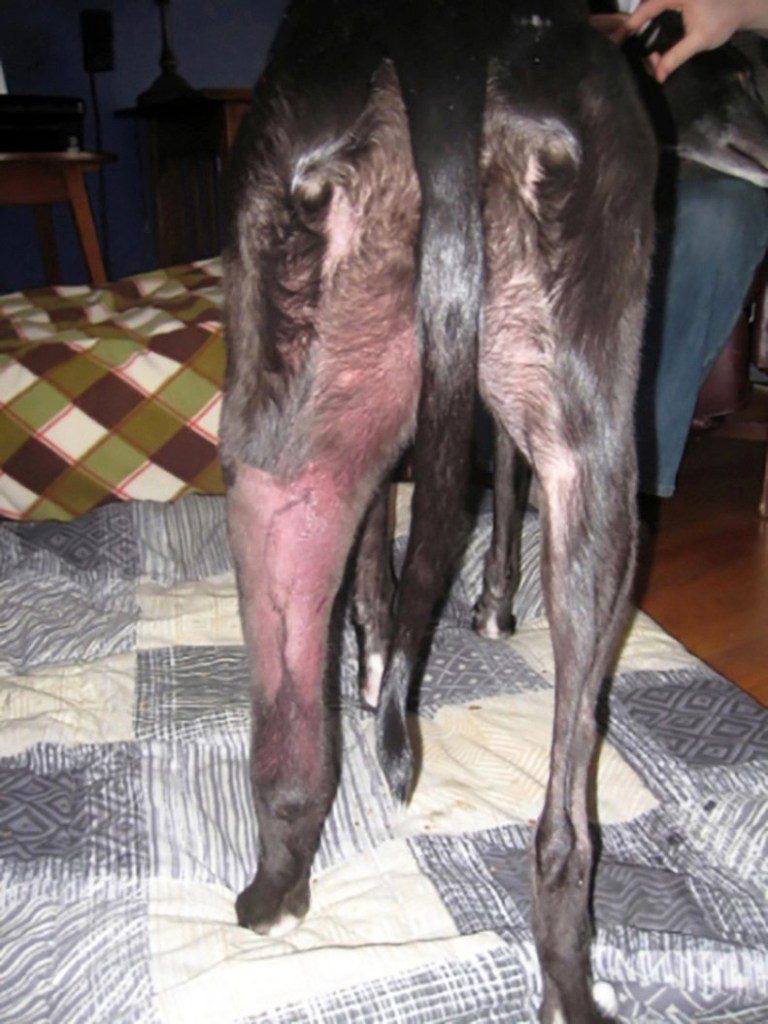Vets have raised concerns about new cases of a frightening disease that can be fatal for dogs.
Although uncommon, Alabama Rot can lead to flesh decay and block blood vessels in a dog’s skin and kidneys.
Instances of the condition have been increasingly reported in Scotland, Ireland, Wales and the North of England.
The most recent reports have come from Dorset, near Poundbury, where Castle Vets discovered the disease in a small dog that has sadly passed away.
Alice Moore, from the practice, stated The Sun: 'We have had two cases in the last few weeks. It’s really horrible to have our first case.
‘It seems to be affecting outdoor dogs and those dogs that have walked in woodlands – they are assuming it is some toxin they are picking up on their feet.
‘We are advising people to wash the dogs legs off when they come back in case it is something they are coming back with.’
The species most susceptible to the disease are Labradors, spaniels and vizslas, though experts say that ultimately all breeds are at risk.
The earliest signs tend to be a patch of red skin that can develop into sores below the elbow or knee or around the animal’s paws.
Fatal kidney failure can begin within ten days from the first onset, and there is no known cure.
Moore added: ‘Because it’s a new disease and is emerging, and we are doing research, it is hard to recommend prevention – we still don’t know what causes [it].
‘In practice it is very hard to treat and it is why it frightens people. But people should not panic.’
Another case is currently being treated by specialist Anderson Moores in Winchester.
Phoenix Canine Therapies, a clinical masseuse for dogs, told the newspaper of that case: ‘He is a healthy seven-year-old Labrador and they noticed the wound on the Tuesday last week.
‘It was a tiny graze and became an ulcerated horrible thing and overnight it had become so much worse.
‘The thinking is that it is in woodland but this dog did not walk in woodland, just on pavement and in fields.’
Reports have come in from all over the country, including Hampshire, North Yorkshire, Kent, Cornwall and Staffordshire, though the highest number of confirmed cases have come from Greater Manchester, Dorset, Surrey, Devon and the New Forest.
.











